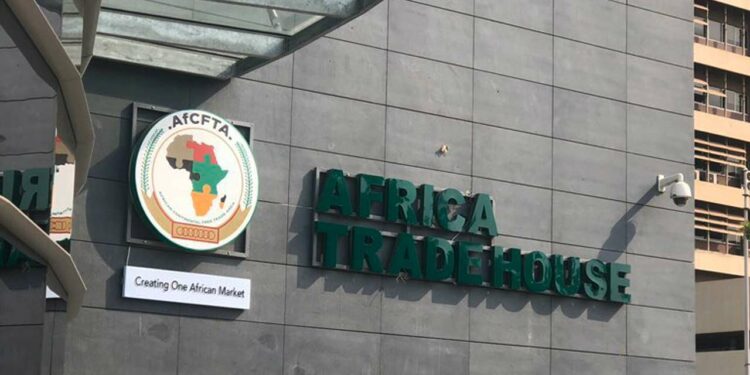African Trade Ministers to Meet April 14 as U.S. Tariff Hike Raises Economic Concerns
African trade ministers are set to meet on April 14 to assess the implications of a sweeping new U.S. tariff regime that will impose a 10 percent levy on imports from more than 100 countries.
The move, introduced by President Donald Trump, is expected to have significant repercussions for African exporters, many of whom rely on preferential trade agreements to access the U.S. market.
The ministerial meeting will bring together policymakers, economists, and trade experts to discuss strategies for mitigating the impact of rising protectionism and accelerating regional economic integration under the African Continental Free Trade Area (AfCFTA).
Wamkele Mene, Secretary-General of AfCFTA, described the U.S. decision as a “wake-up call” for the continent, warning that Africa must act swiftly to reduce its dependence on external markets.
“The President of the United States has given us a wake-up call. And the wake-up call is that we must accelerate our own economic self-sufficiency,” Mr Mene said in remarks from Washington, D.C. “The ministers of trade will meet on April 14 to deliberate on this matter and exactly how our continent should respond.”
The tariffs could diminish the competitiveness of African goods in the U.S. market, affecting key export sectors such as textiles, agriculture, and manufacturing. Many of these industries currently benefit from the African Growth and Opportunity Act (AGOA), which provides duty-free access to the U.S. for eligible African countries.
Mr Mene’s comments reflect growing concerns among African policymakers about the risks posed by shifting global trade dynamics. While some African economies have seen modest gains from preferential trade arrangements, the broader challenge remains reducing external dependencies by fostering intra-African trade and investment.
The upcoming ministerial meeting is expected to explore policy measures to bolster Africa’s industrial base, enhance value addition, and deepen regional economic ties under AfCFTA.
The continent’s ability to respond effectively to global economic nationalism, analysts say, will depend on the speed at which governments implement structural reforms to drive competitiveness and resilience in local markets.








